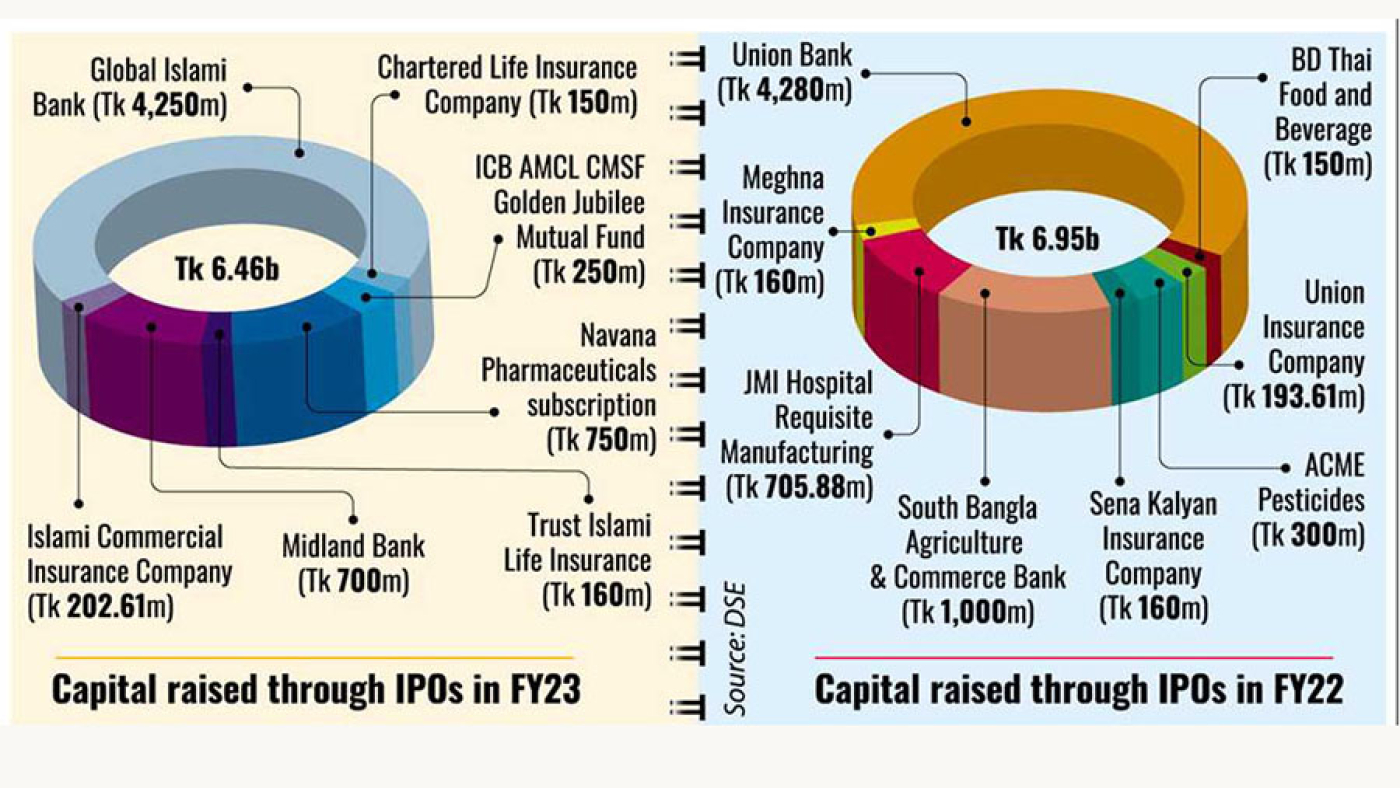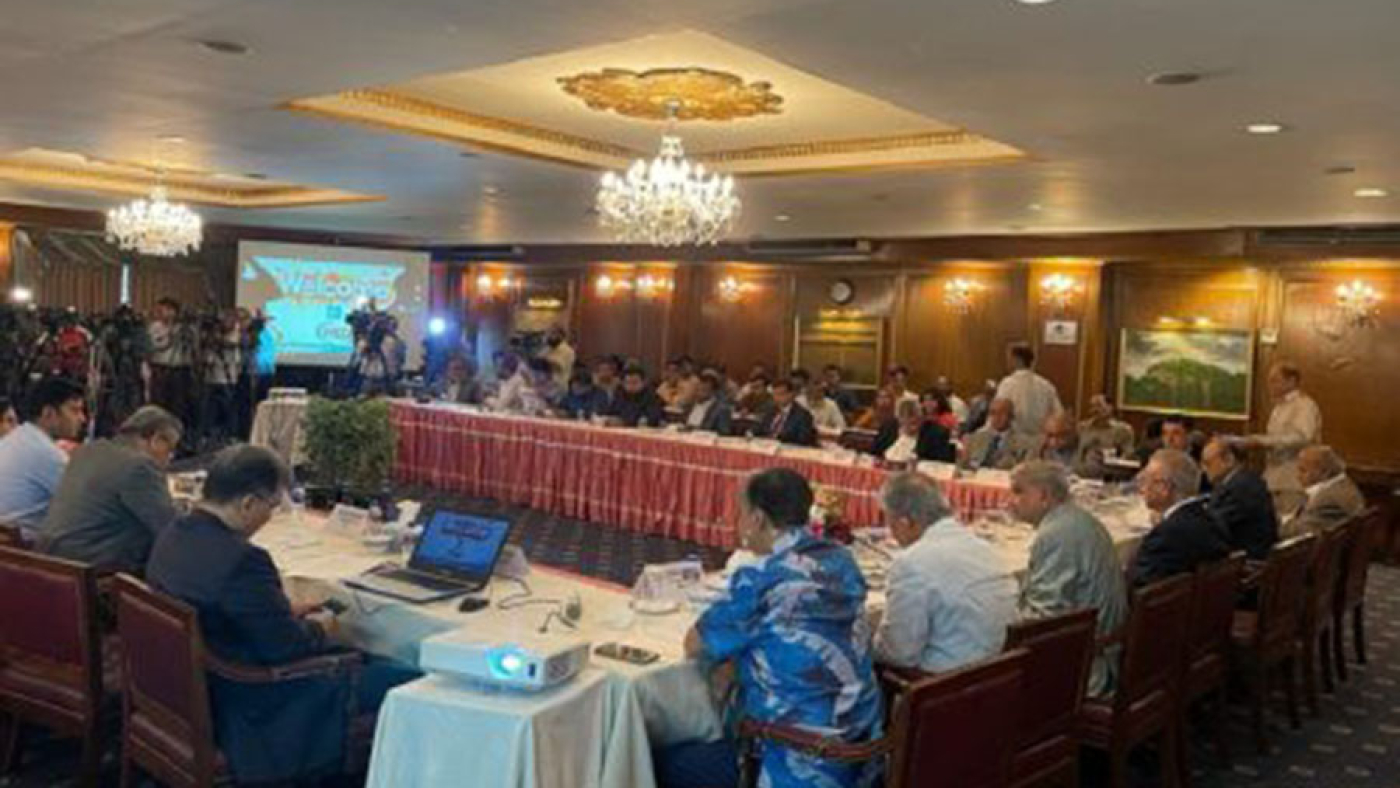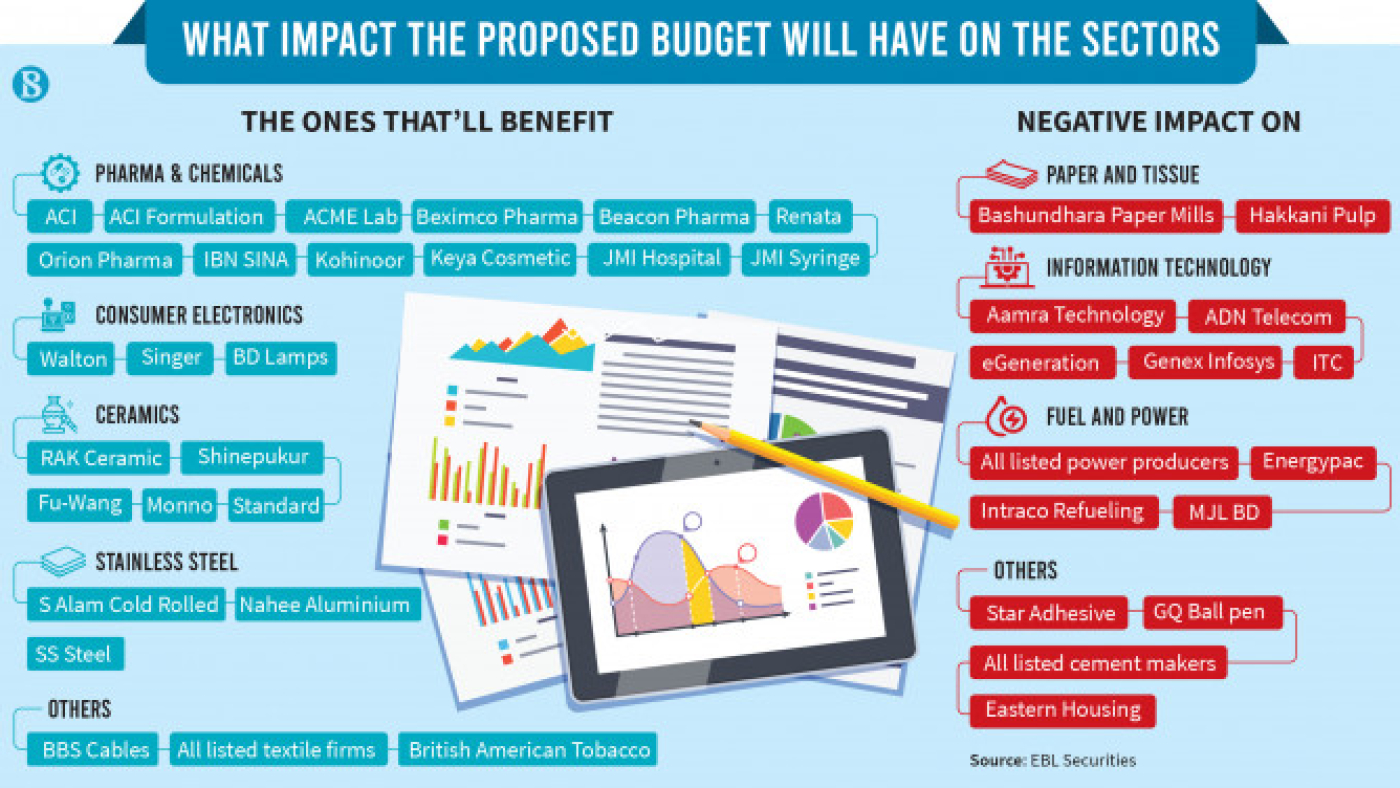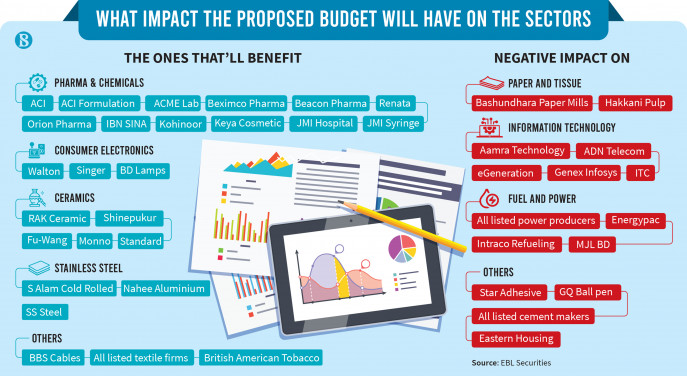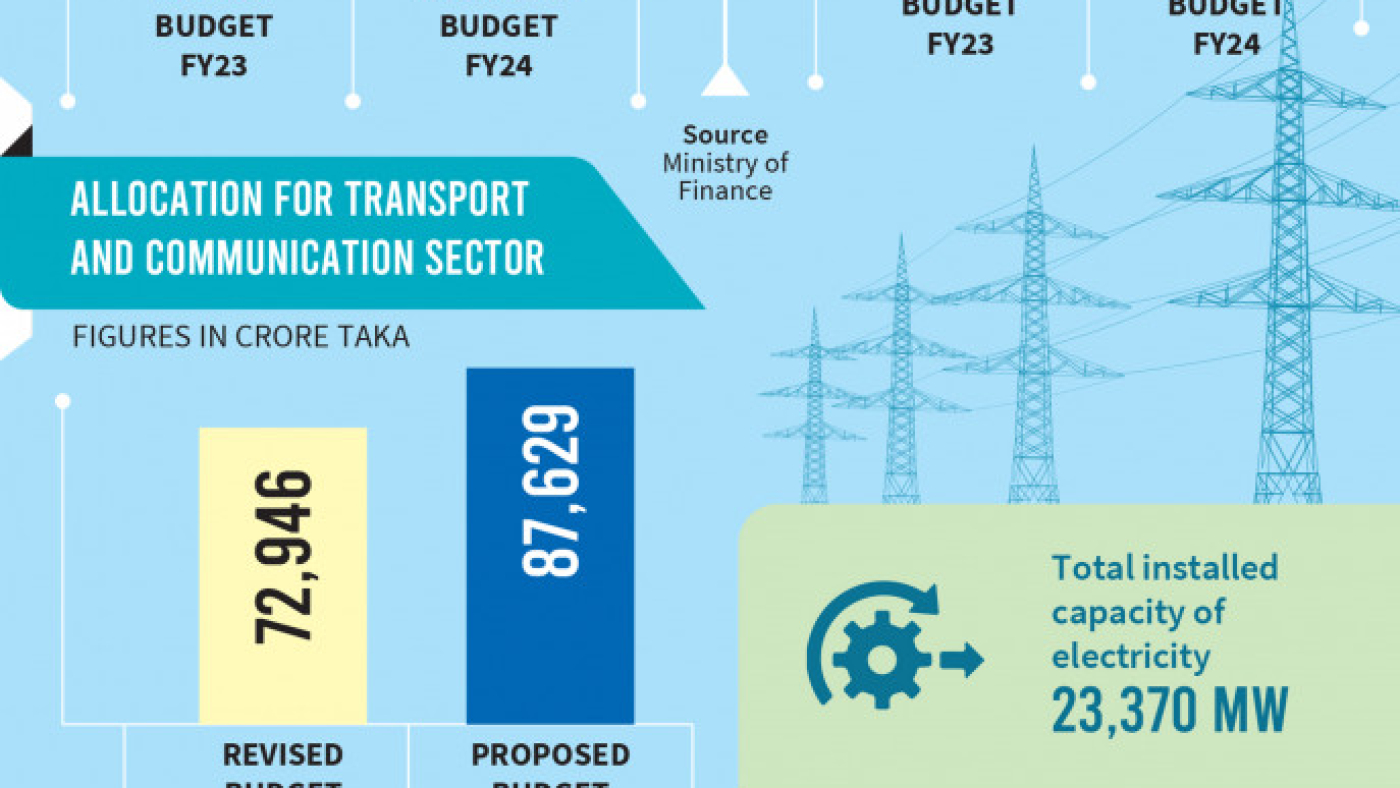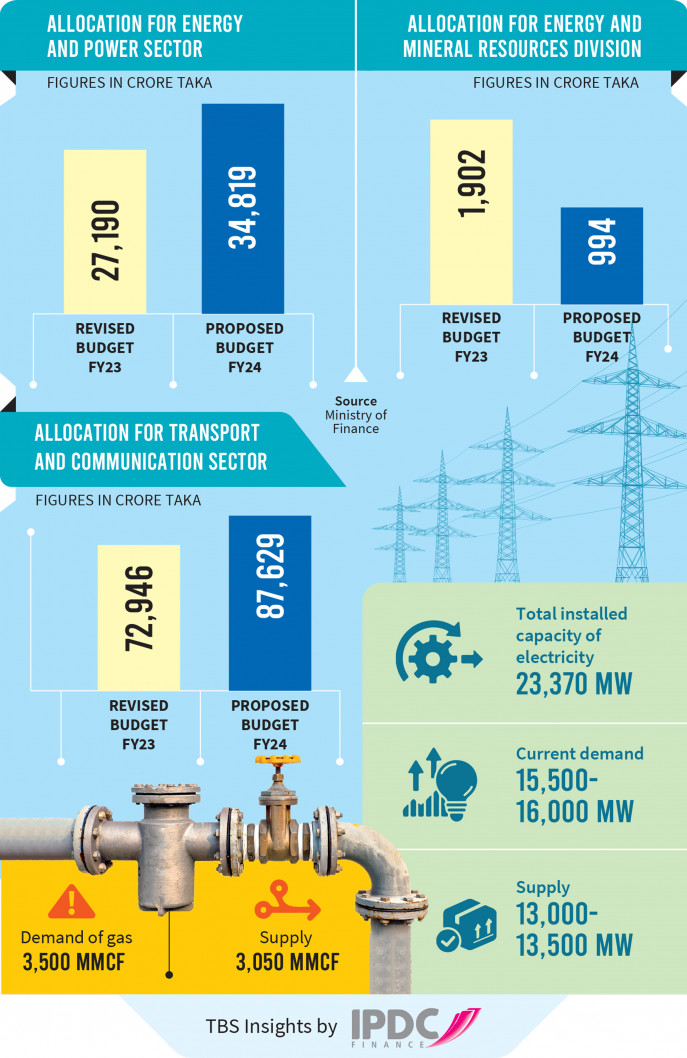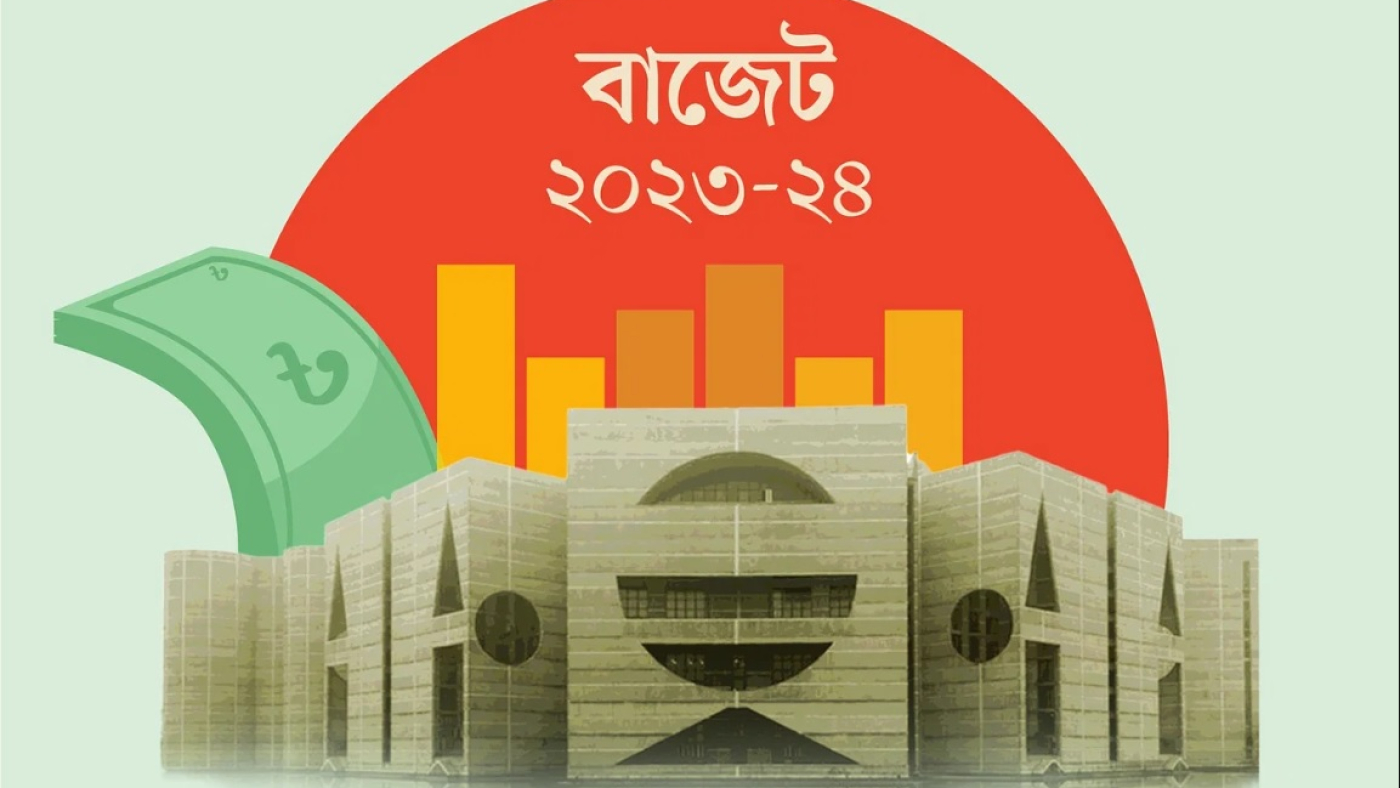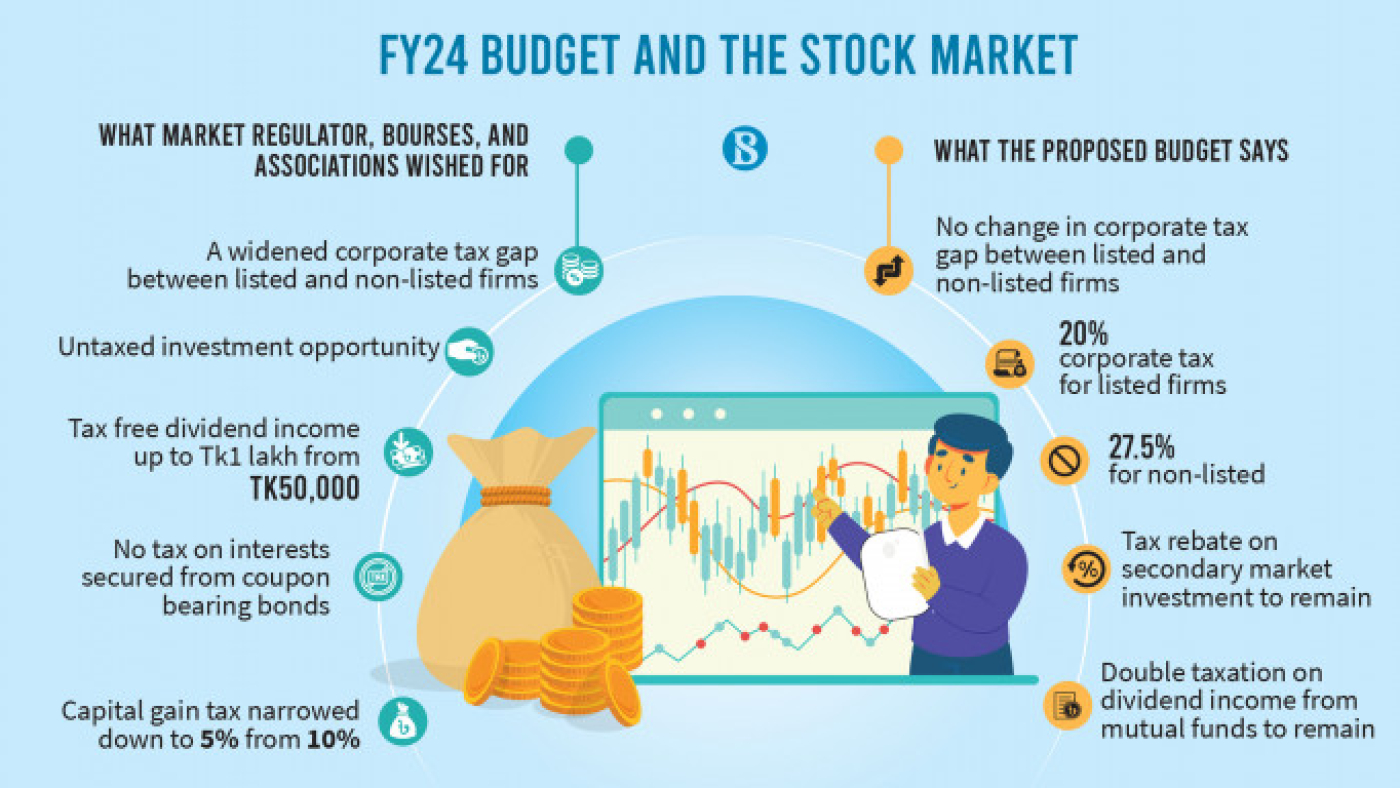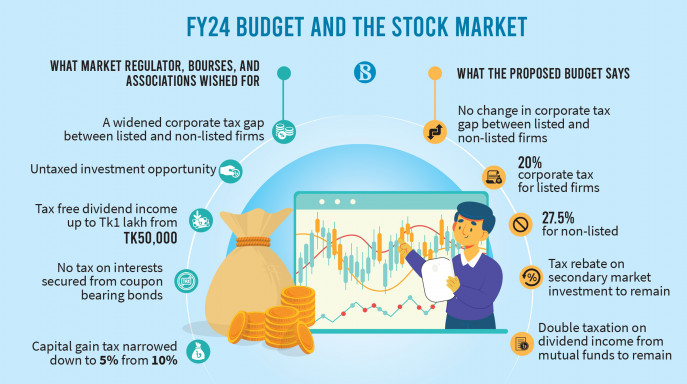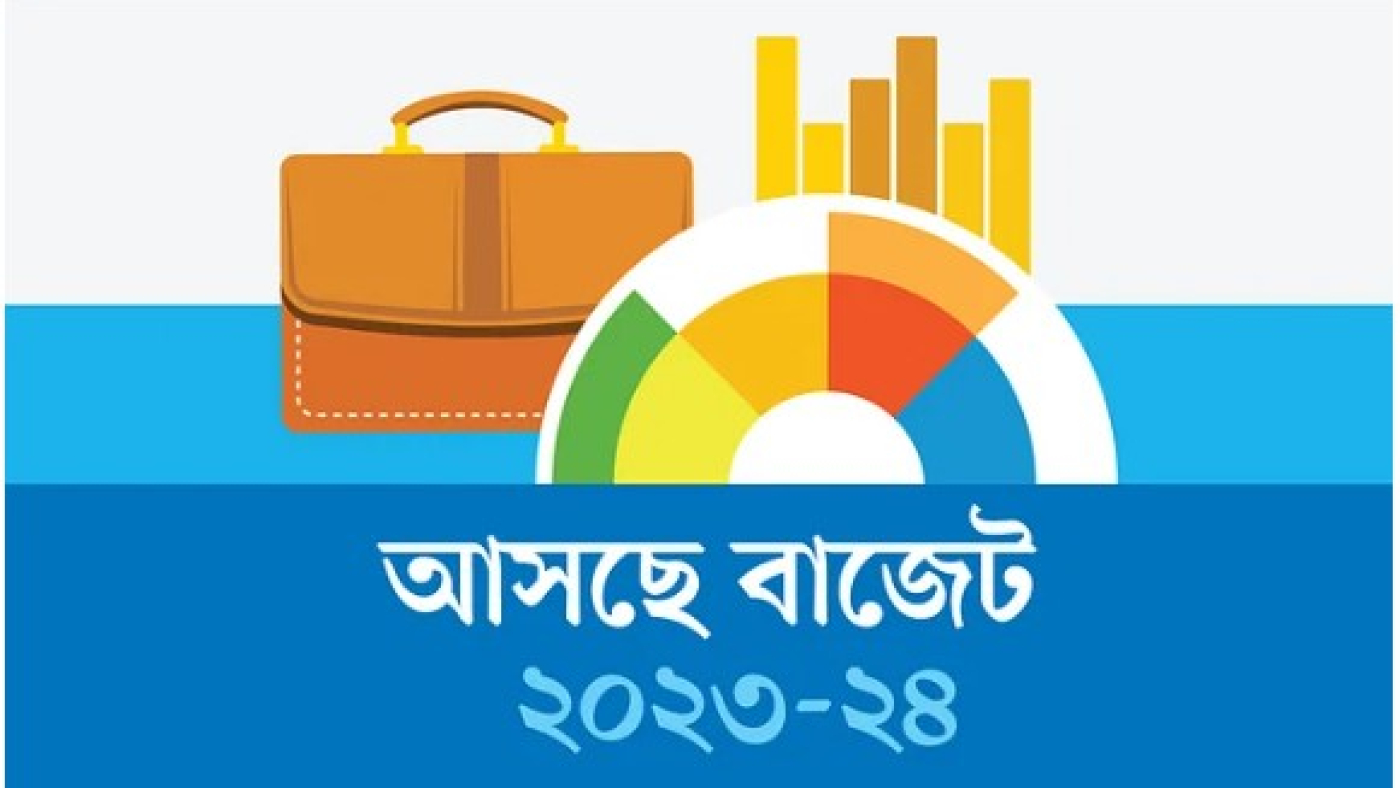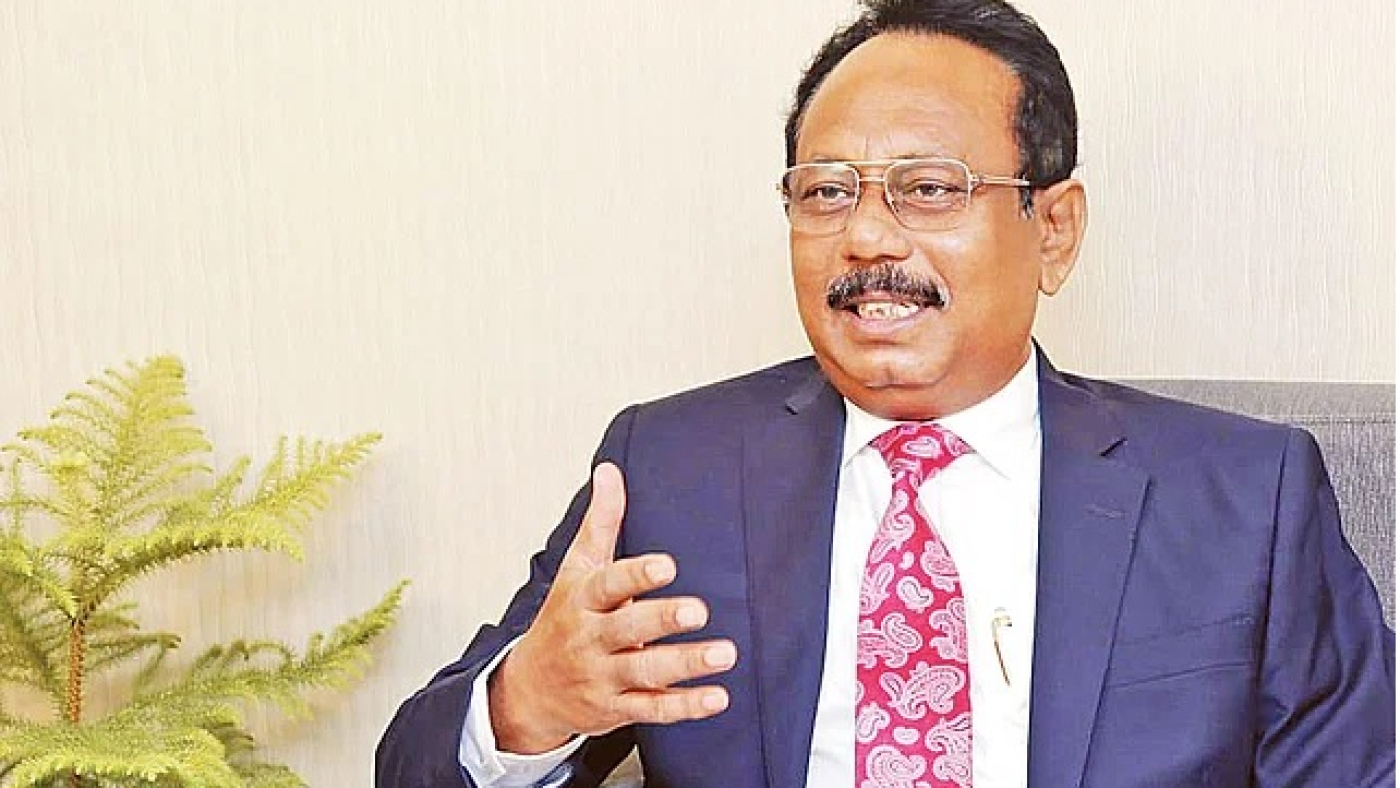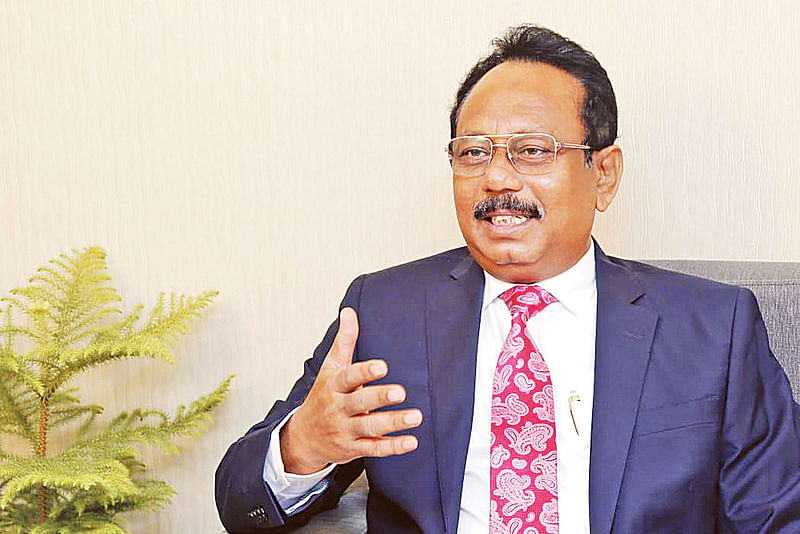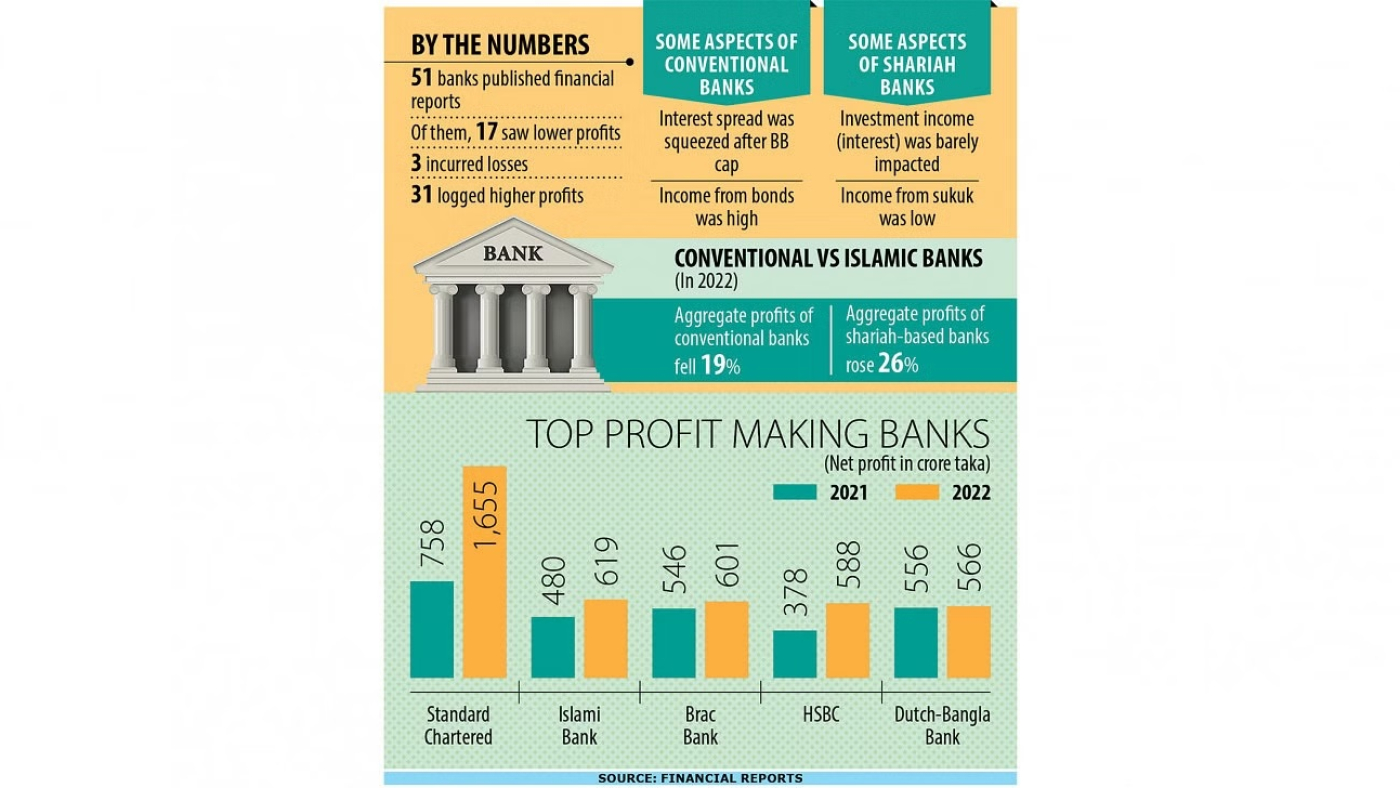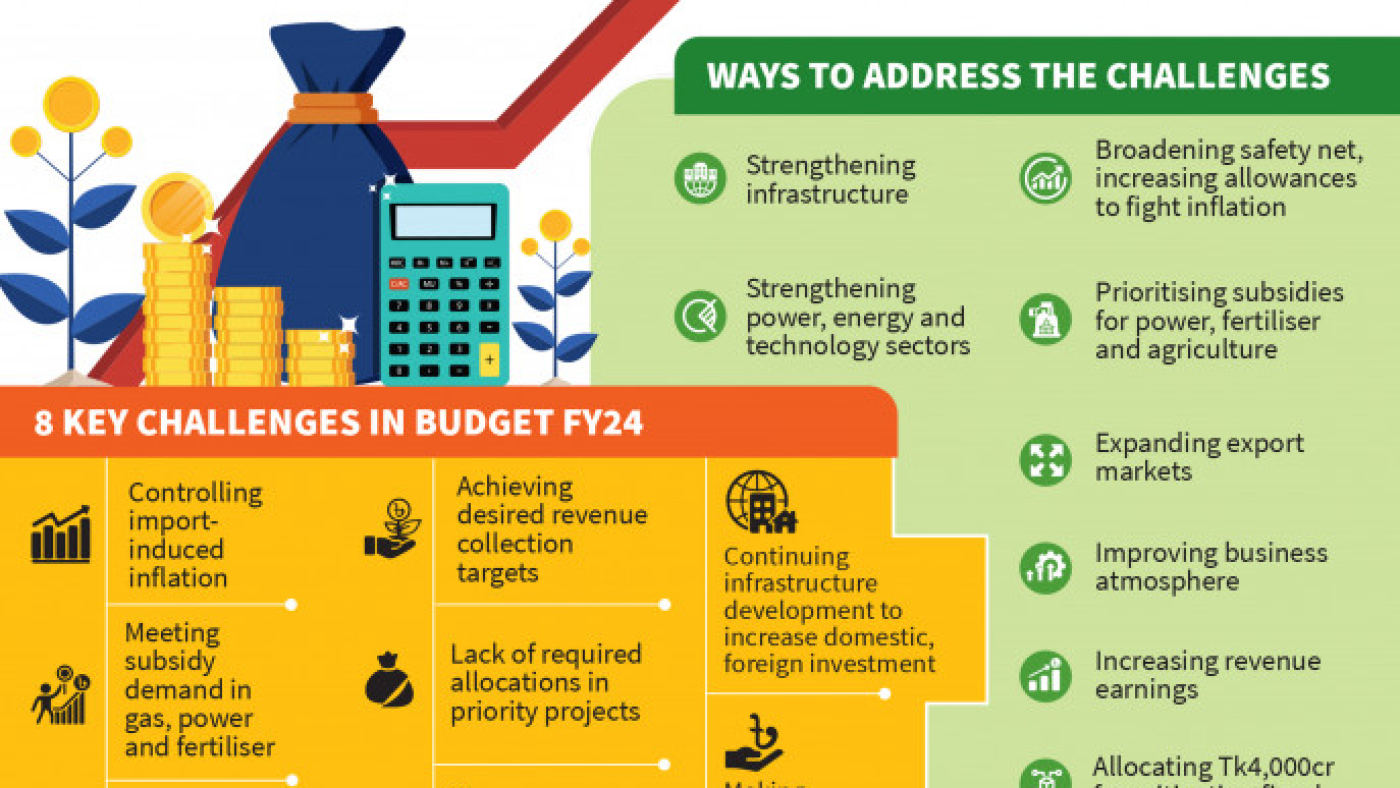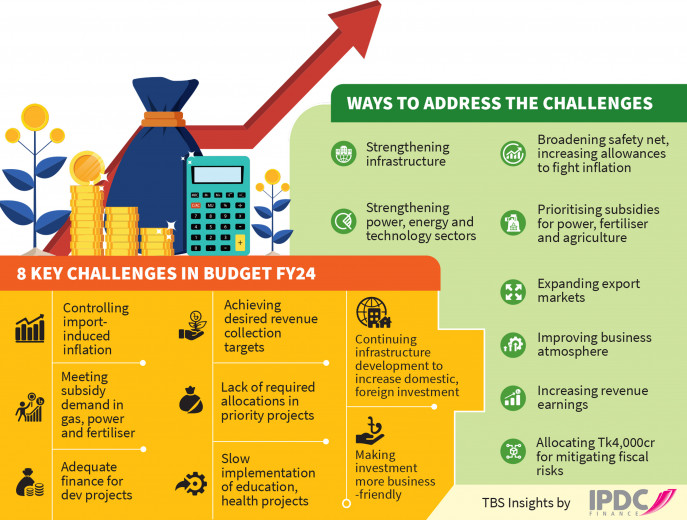
The reason was a decline in its earnings, the most crucial factor to consider while fixing the offer price at which publicly-issued securities are made available for eligible investors under the book-building method. General investors can purchase shares at a discount to the offer price.
The company’s business was hit hard by the taka becoming cheaper against the dollar. It opened L/C (letter of credit) at Tk 85, which was finally settled at Tk 110, said Md. Moniruzzaman, immediate past managing director of IDLC Investments.
The local currency devaluation squeezed many companies’ income, which had been keen on getting listed in FY23 but then felt discouraged to do so, he added.
Recent profit growth is an important determinant of the offer price when an IPO (initial public offering) is floated under the book-building method.
But the electric equipment manufacturer had decided to get the offer price set by the fixed-price method. The drop in income stoked the fear that the stock might face under-subscription or its share price would fall below the face value of Tk 10 in secondary market trading after the IPO when a security’s worth is determined by market forces.
The company planned to submit an IPO proposal on the basis of its financial performance in the year through June 2022. But their growth expectations were not met due to the Russia-Ukraine war.
Business slowdown is not the only factor as to why the number of IPOs and the capital raised through IPOs have almost remained static in FY23 compared to the previous fiscal year.
The dire state of the country’s capital market too contributed to the outcome.
The possibility of a newly-listed company being traded at a fair price is thin when a majority of fundamentally-sound stocks have long been languishing at floor prices.
In FY23, the Bangladesh Securities and Exchange Commission (BSEC) approved IPO proposals of seven companies and one closed-end mutual fund (MF).
One of the companies, Asiatic Laboratories’ IPO is suspended due to an inquiry lodged following complaints about over-valuation of assets.
The remaining six companies and the MF raised an aggregate amount of Tk 6.46 billion while eight companies raised Tk 6.95 billion in total in FY22.
Except for Navana Pharmaceutcals, all other companies went public under the fixed price method in FY23.
According to the officials of the securities regulator, two IPOs are in the pipeline.
Of the companies, Best Holdings proposed raising fund under the book-building method while B Brothers Garments submitted a proposal to float IPO shares under the fixed price method.
Recently, the regulator has rejected an IPO proposal by Islam Oxygen for its failure to submit relevant documents.
Apart from the main board, three companies raised Tk 270 million through the exchange’s SME board. The companies are Al-Madina Pharmaceuticals, BD Paints and Mamun Agro Products.
Of the companies that have been listed on the main board in FY23, Trust Islami Life Insurance has continued a rally since its listing in May. Its price jumped more than 300 per cent on the Dhaka Stock Exchange (DSE).
The share price of another insurer, Chartered Life Insurance Company has also experienced abnormal price appreciations in recent times.
Of the remaining companies, the share prices of Islami Commercial Insurance Company and Midland Bank are above the face value while Global Islami Bank has been trading below the face value.
Complaints about book-building method
Only two companies went public under the book-building method in FY22 and FY23.
According to some issue managers, many good companies are not happy with the bidding process required to fix the offering price of shares.
They said a company’s growth in earnings per share is not reflected in the price determined.
As per the existing system, a company’s share price cannot exceed the sum of the net asset value (NAV) per share and the weighted average of EPS in the last five years.
BSEC Chairman Prof Shibli Rubayat Ul Islam recently told the FE that the existing bidding process would not be a barrier for the companies with good fundamentals and that the regulator would help such companies in fund raising.
Another BSEC official requesting anonymity said the bidding process had been tightened to contain the practices of fixing offer prices higher through a nexus of bidders.
A lack of effort by issuer managers to bring good companies has also been frequently blamed for the insignificant flow of IPOs.
As many as 30 investment banks, out of 68, have played no role in listing of new stocks on the stock exchanges in the last five years.
Source: The Financial Express


